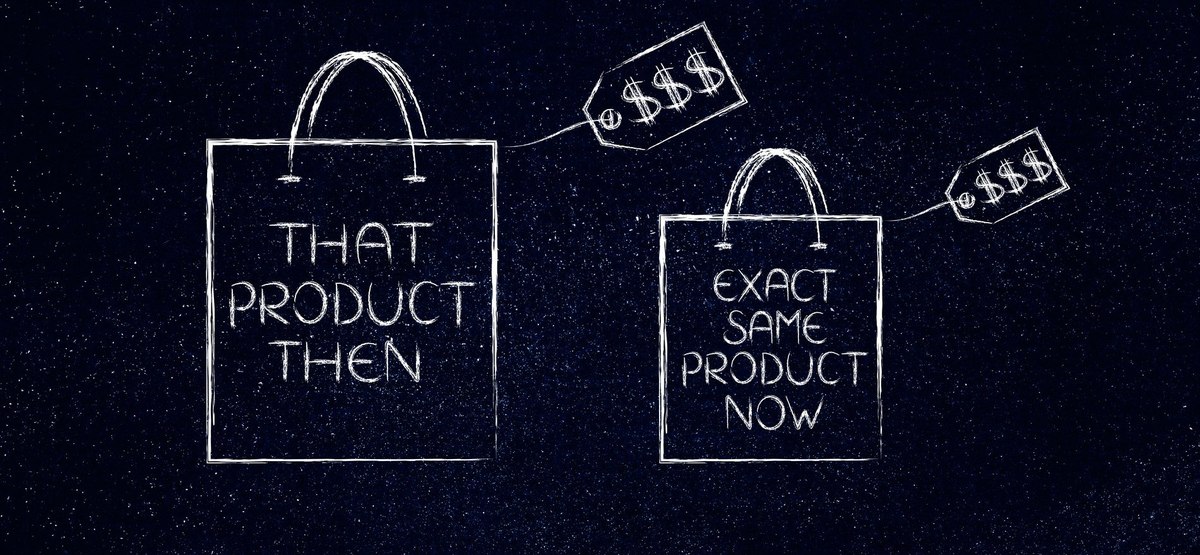As shrinkflation returns to headlines with renewed public scrutiny most recently amid the rising price of cocoa, a new YouGov Surveys: Serviced poll finds that Britons remain widely concerned about the practice. Surveys conducted in 2023 and 2025 track national awareness and behavioural response to shrinkflation, revealing that while concern has grown over the past two years, fewer consumers say they’re changing how they shop in response.
As UK shoppers face another year of rising costs and shrinking products, a new YouGov Surveys: Serviced poll revisits a topic first explored in 2023: how the public perceives and responds to shrinkflation, defined as the reduction in product size, weight or quantity for the same or higher price.
This year’s findings suggest that while concern about the issue has grown, active behavioural responses such as switching brands or avoiding certain products have declined.
Polling data reveals that 80% of UK adults are either "very" or "fairly" concerned about shrinkflation — a small but measurable increase from 75% in 2023.
Snacks, frozen foods and beverages dominate the shrinkflation spotlight
In 2025, 75% of those concerned said they had observed shrinkflation in snack foods such as crisps and confectionery, up from 68% two years earlier.
Similar upward trends appeared across several categories. Reports of shrinkflation in frozen foods rose from 26% to 32%, in beverages from 24% to 31%, in cleaning products from 26% to 29%, and in beauty and personal care items from 20% to 28%. Meat products and paper goods, such as toilet paper, also saw a three-point increase, from 27% to 30%.
Other categories such as dairy, dry goods, and bakery items remained relatively consistent between the two years, while fresh produce was the only group to register a small decline, falling from 27% to 23%.
Despite these shifts, the share of concerned consumers who say they have not noticed shrinkflation in any category remained unchanged at just 4%, indicating that public detection of the issue is still widespread and stable.
Concern rises, but fewer shoppers are reacting
While public concern has grown, the number of Britons adjusting their shopping habits appears to have declined in the past two years.
In 2023, half of concerned consumers (50%) said they were likely to switch brands in response to shrinkflation. In 2025, that number has dropped to 36%. Similarly, the share of those likely to stop buying certain products fell from 48% to 36%.
Other behavioural shifts have also moderated. Those planning to buy more fresh or whole foods dropped from 30% to 23%, and the share of consumers saying they would delay purchases dropped from 27% to 22%.
This softening of reaction may reflect consumer fatigue or resignation. Even as more people recognise shrinkflation, the rising cost of living could be limiting their ability to change shopping patterns.
Methodology: YouGov Surveys: Serviced provides quick survey results from nationally representative or targeted audiences in multiple markets. This study was conducted online on 9-10 July 2025, with a nationally representative sample of 2,108 adults in the United Kingdom (aged 18+ years), using a questionnaire designed by YouGov. Data figures have been weighted by age, gender, education and region to be representative of all adults. Learn more about YouGov Surveys: Serviced.
Image: Getty Images
